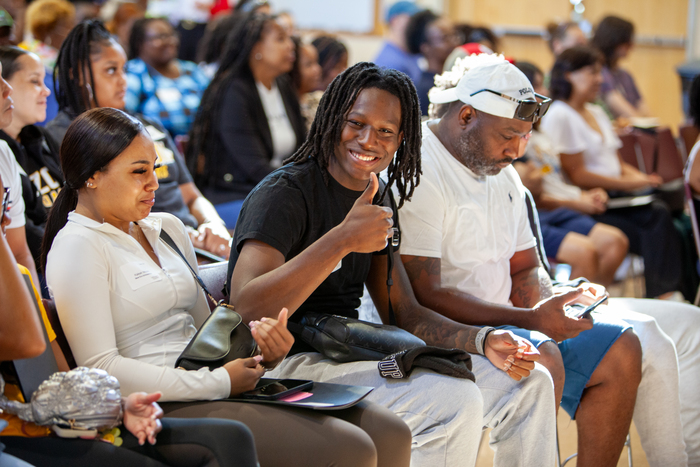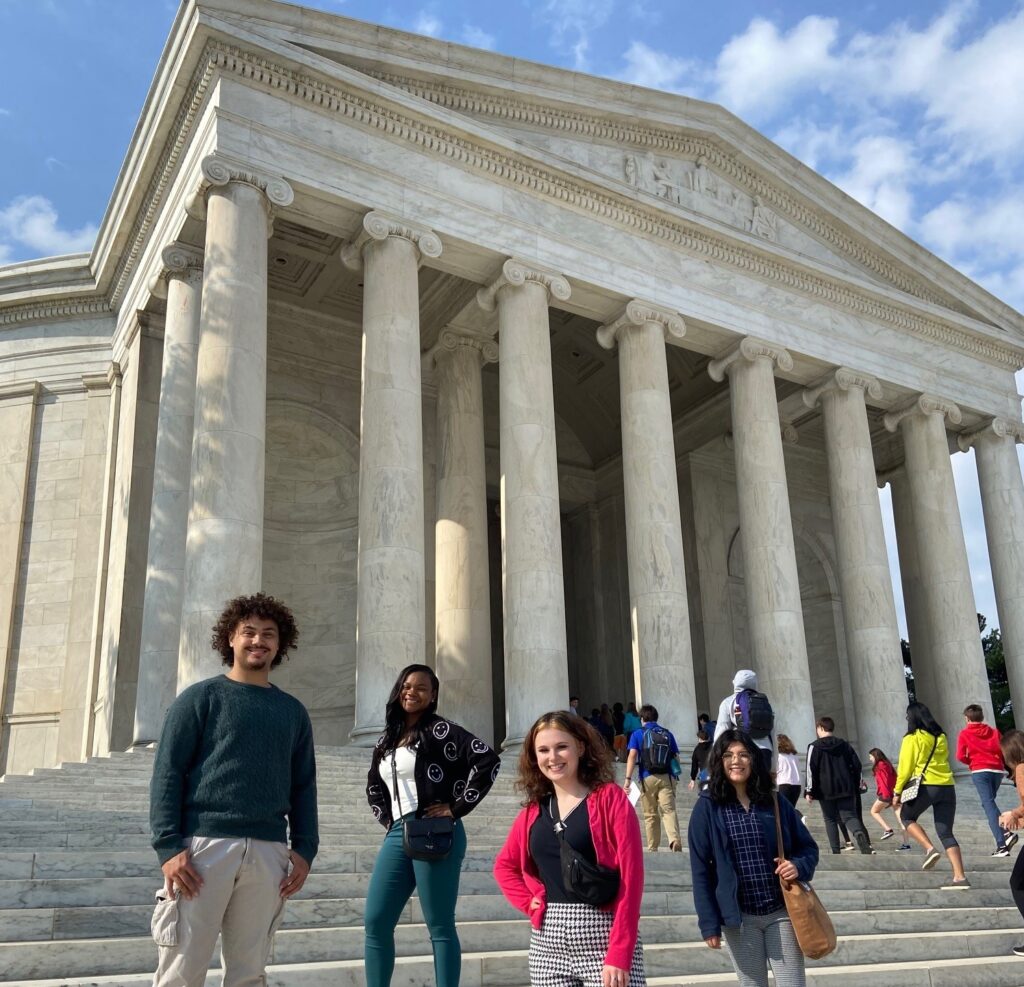Resource Library
Financial Aid Tools
Campus Resources
Academic Resources
- Academic Advising
- Career Center
- Computer Lab/Library
- Disability Services
- TRIO Programs
- Tutoring
- Writing Center
Financial Services
Personal Resources
Academic Resources
Financial Services
Personal Resources
Academic Resources
- Academic Advising
- Career Center
- Computer Lab/Library
- Disability Services
- TRIO Programs
- Tutoring
- Writing Center
Financial Services
Personal Resources
Academic Resources
- Academic Advising
- Career Center
- Computer Lab/Library
- Disability Services
- TRIO Programs
- Tutoring
- Writing Center
Financial Services
Personal Resources
Academic Resources
- Academic Advising
- Career Center
- Computer Lab/Library
- Disability Services
- Student Success Programs
- Tutoring
- Writing Center
Financial Services
Personal Resources
Academic Resources
Financial Services
Personal Resources
Academic Resources
- Academic Advising
- Career Center
- Computer Lab/Library
- Disability Services
- Learning Center
- Tutoring
- Writing Center
Financial Services
Personal Resources
Academic Resources
- Academic Advising
- Career Center
- Computer Lab/Library
- Disability Services
- Math Center
- Tutoring
- Writing Center
Financial Services
Personal Resources
Academic Resources
Financial Services
Personal Resources
Student Accommodations
Student Accommodations are…
- Supports that allow a student with a disability or chronic medical condition equal access to an educational program
- Unique to individual students and are based on diagnosis and student needs
- For physical access needs (a wheelchair accessible dorm room, accessible transportation to a school-sponsored off campus event, etc.)
- For communication needs (an ASL interpreter, screen reader software, etc.), or learning/ processing needs (extended time for taking tests, the ability to record a classroom lecture, etc.)
To qualify for accommodations at the college level, students must have a disability as defined under Section 504 of the Rehabilitation Act. The disability must “substantially limit one or more major life activity.” Major life activities include caring for oneself, walking, seeing, hearing, speaking, breathing, working, performing manual tasks, and learning. There are a wide range of conditions that are considered a disability under this definition and can include diagnoses that impact physical health, mobility, mental health, development, and learning. Students must be able to provide documentation of their disability.
If you had an IEP or 504 Plan in high school, you may also qualify for accommodations in college. You may need to provide additional documentation from a medical provider, along with your documents from high school. Depending on your diagnoses, you may need to provide updated documentation to your school regularly.
It is not uncommon to be diagnosed with a disability or chronic medical condition in early adulthood. In this case, you may be navigating the accommodations process for the first time in the college setting. Accommodations can be obtained at any point in your college career, so do not hesitate to reach out to your campus disability/access office if you are newly diagnosed.
Disability support offices go by many different names, and most campuses have a unique title for their office. Here is a list of the offices at the colleges frequently attended by Scholarship Foundation students in the region:
- Harris-Stowe State University-Academic Resource Center
- Lindenwood University-Accessibility Services
- Maryville University of St. Louis-Disability Support & Success
- Missouri Baptist University-Student Disability Services
- Missouri State University-Disability Resource Center
- Ranken Technical College-Student Success Department
- Saint Louis University-Center for Accessibility and Disability Resources
- Southeast Missouri State University-Accessibility Services
- Southern Illinois University- Edwardsville -Office for Accessible Campus Community & Equitable Student Support (ACCESS)
- Louis Community College-Access Office- Disability Support Services
- University of Central Missouri-Accessibility Services
- University of Health Sciences and Pharmacy in St. Louis-Access Office
- University of Missouri- Columbia-Disability Center
- University of Missouri- Kansas City-Student Disability Services
- University of Missouri- St. Louis-Disability Access Services
- Washington University in St. Louis-Disability Resources
- Webster University-Reeg Academic Resource Center
If information for your campus is not listed above, a Google search using the name of your school and the words “disability services” will typically direct you to the appropriate office.
Colleges and universities have varying processes to request accommodations in relation to a disability. However, there are a few key steps that are often required:
- Provide documentation: Each school will require some type of documentation to qualify for accommodations. The documentation guidelines, and what kinds of documentation are accepted, will differ from school to school. Reach out to your school’s disability support office to request their documentation guidelines, preferably in writing. You may need to seek updated or more specific documentation from your provider.
- Negotiate accommodations: Once you have submitted documentation, your institution will review the documents and determine . You have the opportunity to request accommodations you desire and negotiate with the school to come to an agreement on the final approved accommodations . As a student, you should be involved in the process. Whether that means having a face-to-face meeting , speaking over the phone, or communicating via email, you should have the opportunity to provide feedback on the proposed accommodations and ask any questions that arise.
- Notify instructors of accommodations: Once appropriate accommodations have been determined and agreed upon, you will receive a document that lists your approved accommodations. This document is often called a Letter of Accommodation. This document needs to be shared with your instructors for your accommodations to be used in your classes. At most schools, sharing the Letter of Accommodation is the responsibility of the student. Be sure you understand if you need to inform your faculty, or if your disability support office will handle notification.
- Utilize your accommodations: Once your faculty have been notified, you will be able to begin using your accommodations. Ensure you understand any processes your accommodations might require: Examples of such processes are:
- to use extended testing time, do you need to test outside the classroom?
- to have an ASL interpreter at your student organization meeting, how far in advance do you need to submit your interpreter request?
- If you have attendance flexibility for medical appointments, how do you catch up on missed classwork?
Keep accommodations current: Ensure you know how to keep your accommodations current. Some institutions may periodically require updated documentation of your disability. It is best to understand these policies early to prevent a lapse in your accommodations as you move from one semester to the next.
Frequently Asked Questions
You do not need to pay to receive accommodations in college. You should not be charged an additional fee to meet with staff from the disability support office or receive your Letter of Accommodation. Some schools have specialized support program for student based on their specific diagnosis (especially common for Autism Spectrum Disorder or ADHD). There may be additional fees for these types of supplemental programs, which may include resources such as executive function coaching, specialized tutoring, and 1:1 support.




